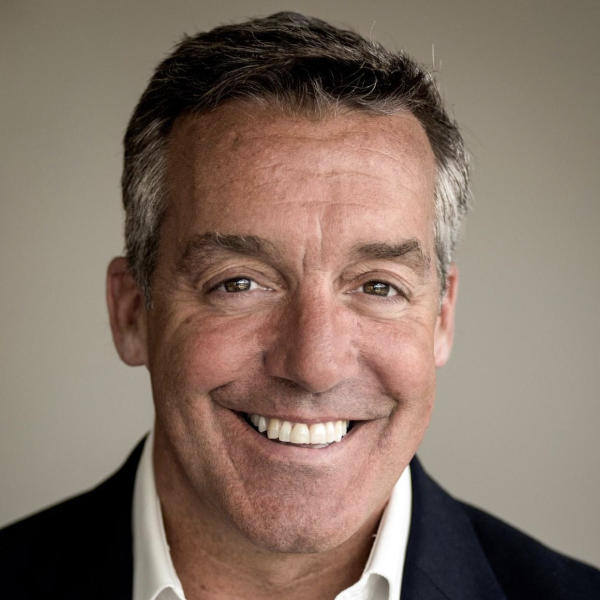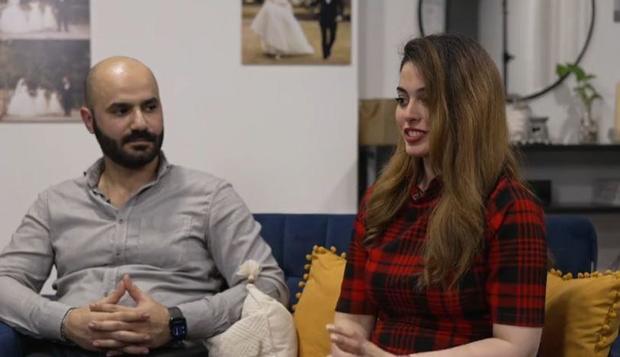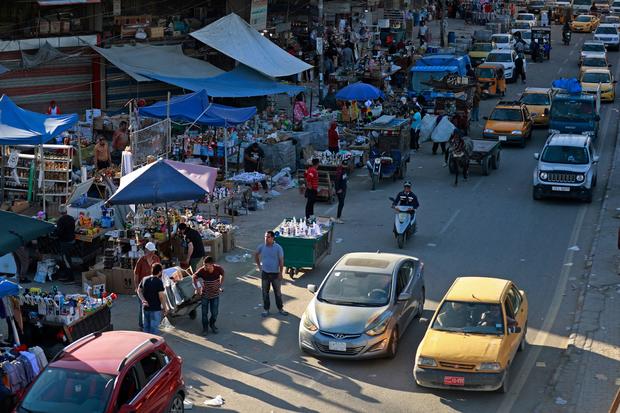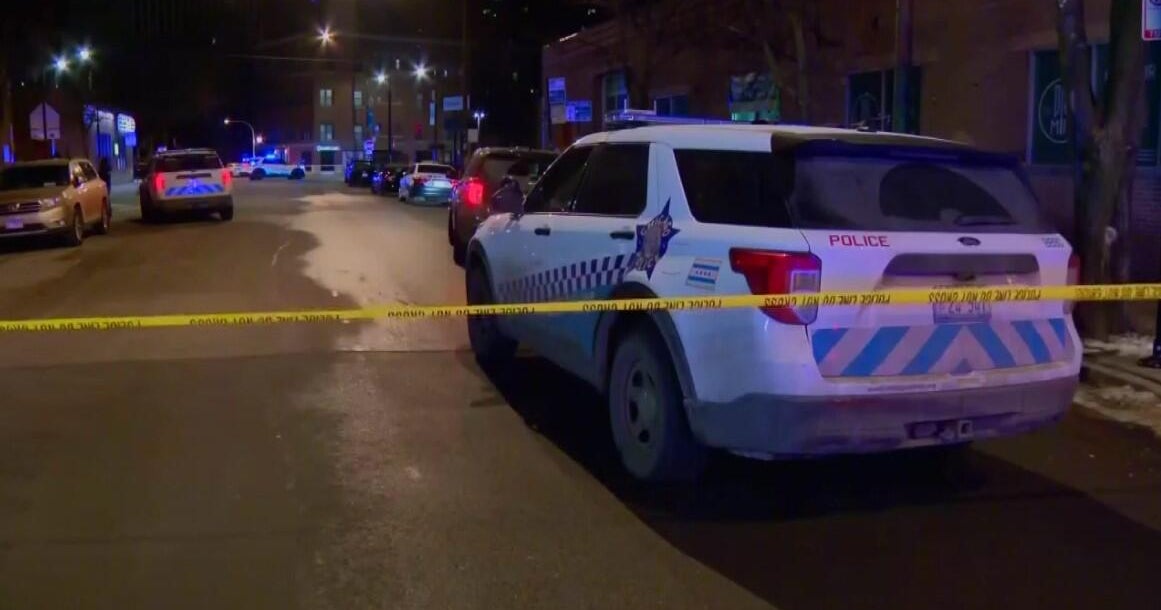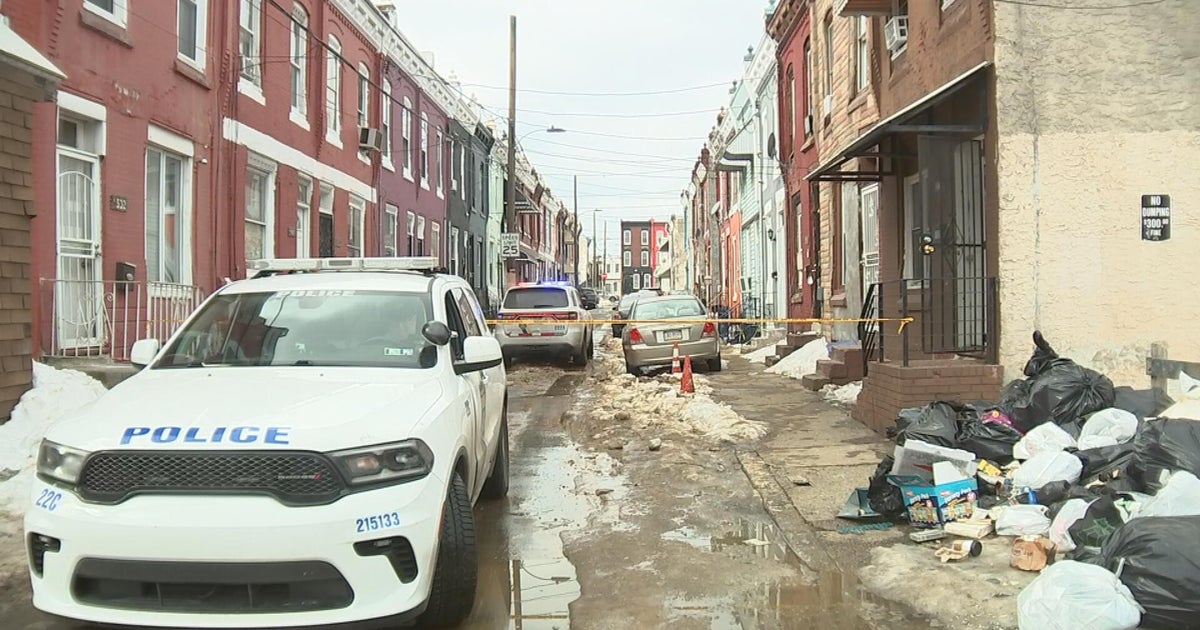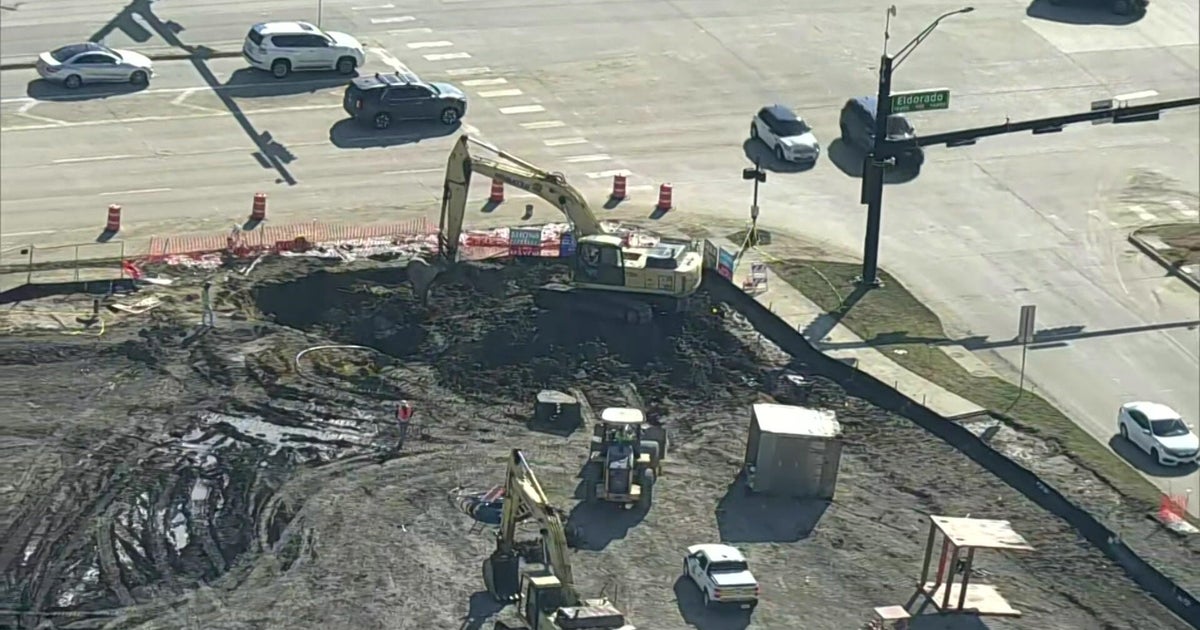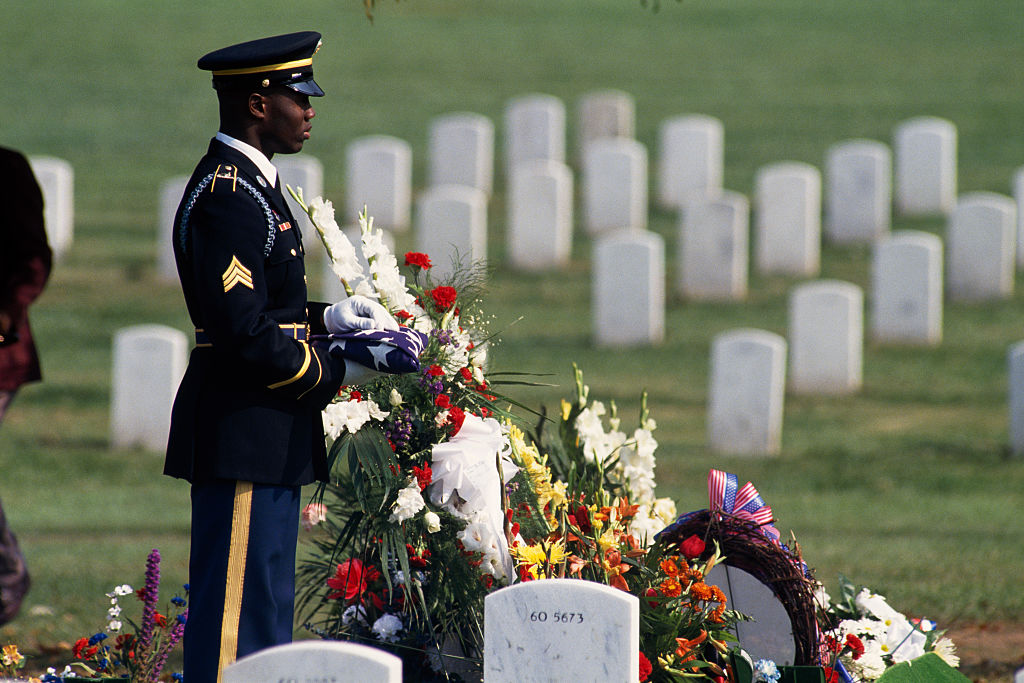How Iraq has changed, and how the war changed people, 20 years after the U.S.-led invasion
Baghdad — Seeing your first dead body can be deeply upsetting. Seeing somebody actually die in front of you leaves a scar on the soul.
It was a blisteringly hot August afternoon in 2003 when a huge suicide truck bomb struck the United Nations headquarters in Baghdad. I arrived with the CBS News team shortly after the blast to find American soldiers and Iraqi emergency teams in a frantic struggle to save lives.
Helicopters shuttled back and forth, carrying away the wounded. Overwhelmed young medics tended to victims on the small patch of green lawn in front of the building. A triage team had to decide — quickly — who could be saved and who could not.
In the end, 23 people were killed, including Sergio Vieira De Mello, the U.N.'s Special Representative to Iraq.
I was reminded of that gruesome attack when I returned to Baghdad this week to mark 20 years since the U.S.-led invasion. It struck me that if I'm unable to forget those images, which are forever seared on my mind, still vividly clear the very moment I recall them, what must it be like for the Iraqis who've witnessed that kind of violence daily, for years?
What must it feel like for the Iraqi people, who saw their loved ones die by the hundreds of thousands? What must that feel like for the parents, husbands, wives and children of the more than 4,500 U.S. service members who died in Iraq during the eight years of U.S. military presence after the ill-advised, possibly illegal invasion of Iraq?
We met a young couple who were just kids when the U.S. airstrikes and cruise missiles rained down on Baghdad. They witnessed firsthand some of the very worst of the invasion, and then the raging insurgency and horrific sectarian violence that followed.
"We saw things no one should see," Ahmed al-Jaboury told us. "We've lived days no one should live."
He was 13, and his wife Muhja only nine when the invasion began. Ahmed said at first, he was awestruck by the sight of American soldiers in Baghdad.
"As a kid, you know, the most exciting thing was seeing the choppers flying around Baghdad… the Chinooks and the Apaches," he recalled. But the excitement soon turned to fear as the insurgency grew in strength and numbers, and the presence of U.S. troops began to feel like an occupation.
"Scary, yeah, of course," he said. "Because, like, you open the door and there's like 10, 15 soldiers in the door, just looking at you. So, it's very intimidating."
But the worst part of the last two decades, the couple said, were the years of sectarian bloodshed that first swept across parts of northern Iraq, and then engulfed Baghdad itself. The monthly death toll soared into the thousands — so high that officials struggled to keep count.
Foreign jihadists poured into Iraq, swelling the ranks of the worst of the terrorist groups that had begun to take root. And it was all unfolding on Ahmed and Muhja's doorstep.
"I remember a situation, my mom was taking me to school," Muhja told us. "We saw dead bodies and dogs were eating the flesh. I will never forget that in my life."
It was at the height of this savage onslaught in 2006 that we at CBS News suffered our own terrible loss, and I lost two friends. Cameraman Paul Douglas and sound engineer James Brolan were killed when a car bomb blew up at a checkpoint in Baghdad. Correspondent Kimberly Dozier was critically wounded. U.S. Army Captain James "Alex" Funkhouser and an Iraqi translator were also killed in the blast.
No CBS News team returns to Iraq without remembering the sacrifice they made. They were two of the most positive men you could ever hope to meet, and they cared deeply about the story they lost their lives covering.
The last U.S. ground forces were withdrawn from Iraq in 2011, ending an eight-year deployment that peaked with around 170,000 troops in the country. America's war, "Operation Iraqi Freedom," which was based on faulty intelligence and aimed at ridding Iraq of "weapons of mass destruction" that never existed, had come to an end.
But U.S. boots would return to Iraqi soil when another terrorist group rose up in 2014 amid the chaos and carnage: ISIS.
The extremists of the so-called "Islamic State" swept across 40% of Iraq in a campaign of terror, mass murder, ethnic cleansing and intimidation.
ISIS was eventually kicked out of the territory it held in Iraq in 2017, and later in neighboring Syria in 2019. But around 2,500 U.S. troops remain scattered around Iraq, and another 900 or so in Syria.
We met their commander, Major General Matthew McFarlane, at a sprawling military base they share with Iraqi and international forces in Baghdad. McFarlane wasted little time getting to the mission statement: "Our primary effort here is to advise and assist and enable the Iraqi security forces."
"We are doing non-combat operations here in Iraq," he told us. "That means we are not on the battlefield conducting activities, combat activities, against ISIS. We advise them as they do it."
More than anything, what the American forces bring to bear is "ISR," or intelligence, surveillance and reconnaissance. Those capabilities enable the U.S. military to keep watch on much of the region, and from their base in Iraq they also provide overwatch and logistical support for American troops in Syria. Sometimes that means conducting airstrikes targeting suspected ISIS leaders.
But an unspoken reason for the U.S. military presence is also to keep Iran's influence in check, and not only in Iraq.
An American military outpost in southeast Syria, called al-Tanf, helps disrupt the flow of Iranian weapons and fighters across Syria to Lebanon.
"We remain singularly focused on the defeat of ISIS," McFarlane said. "However, we monitor threats — all the threats around the coalition bases that we have, our bases in Syria — to ensure we keep our force protected and safe."
That has meant also targeting Iranian-backed militias after attacks on U.S. forces in the region.
"Any that pose a threat, we take appropriate action to ensure we keep our force safe," said the general.
It's unclear how long U.S. forces will remain in Iraq this time. Just as before, they're here at the invitation of the Iraqi government. But Iran's growing influence cannot be ignored — backing not only political parties in Iraq, but powerful militias.
Evidence of Iran's presence is everywhere. Pictures and banners and billboards of Saddam Hussein used to dominate the busy squares and avenues of downtown Baghdad, but now there are images of Qassem Soleimani, the powerful general of Iran's al Quds force who was assassinated in a U.S. airstrike on the road to the airport in 2020.
That strike triggered widespread protests and a ferocious missile attack on a U.S. military base in Iraq.
Some of the billboards around the Iraqi capital read, in Arabic and English: "We will not forget the blood of our martyrs."
But the markets and cafes are buzzing again in Baghdad in a way I haven't seen in 20 years of coming here. When I first visited, before the invasion when Saddam Hussein was still in power, the country was not only in the grip of a brutal dictator, but also crippled by U.S.-led sanctions. People were struggling to survive.
Amid the violence that followed the invasion, we were not only targeted as Westerners, but also at risk of becoming caught in the crossfire, either from the insurgency firing on U.S. troops, or sectarian groups targeting each other.
This time, we've been able to walk around freely and roam the markets without flak jackets, maybe have dinner in one of the swankier restaurants that have popped up in recent years, and all without looking over our shoulders.
The last suicide bombing in the city was more than two years ago, claimed by ISIS.
But while Iraq has benefited from booming oil prices since Russia launched its war on Ukraine, corruption and incompetence continue to plague the government and the country. The infrastructure is still an inexcusable shambles. Power outages are a daily occurrence and even running water isn't a given.
Young people, the majority of whom were born around or after the U.S. invaded, want and deserve more.
Despite the challenges ahead and many of their friends leaving the country, Ahmed and Muhja said they were determined to stay in Baghdad. They're expecting their first baby in September.
But even after a period of relative calm, Iraq's troubled, bloody past is still too fresh in Ahmed's mind to allow for much optimism about the future.
"Always after a bright day, disaster will come," he said. "That's why we are afraid of these bright days… I'm waiting for the next thing to happen. Every day we wake up in the morning and you expect the worst. Every single day."
